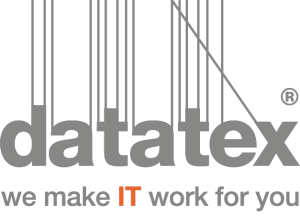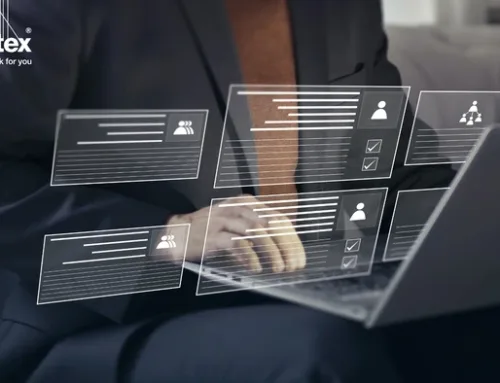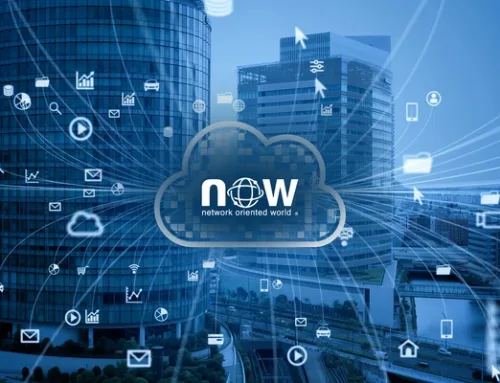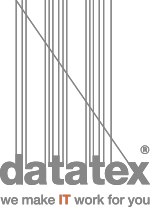Top Benefits of ERP Software in the Textile & Apparel Industry
It may surprise you to learn that 92% of textile and clothing companies still struggle with inefficient processes and a lack of visibility in their supply chain. These common challenges not only hurt profitability but also stunt growth and innovation.
Imagine transforming your operations with a solution that streamlines every single aspect of your business, from inventory management to order fulfillment.
Or better yet, you don’t need to imagine. Let’s compare how ERP Apparel Software stack up against traditional business methods in the apparel industry. While many businesses still rely on outdated processes that can hinder efficiency and growth, clothing ERP software offers a modern approach that revolutionizes operations, boosts productivity, and enhances profitability.
For those still uncertain or hesitant about adopting new technologies, discovering the top benefits of ERP can help you overcome fears and see how embracing this cutting-edge solution can make a game-changing difference for your textile business.
-
Streamlining Business Operations Across Departments
Traditional Model: In a traditional business model, different departments often use separate systems, leading to fragmented data, duplicated efforts, and communication breakdowns.
ERP Advantage: Clothing ERP software integrates various functions—such as inventory management, manufacturing, and sales—into a single platform. This centralization simplifies workflows, enhances inter-departmental collaboration, and drives greater efficiency across your apparel business.
-
Optimizing Inventory and Order Management for Efficiency
Traditional Model: Traditional methods often rely on manual tracking and paper-based processes for inventory and orders, resulting in errors, stockouts, and delayed fulfillment.
ERP Advantage: ERP systems automate inventory tracking and order processing, providing real-time updates and reducing the risk of human errors. This automation ensures accurate stock levels, swifter order fulfillment, and improved customer satisfaction in the textile and clothing sectors.
-
Consolidating Data for Unified Insights and Enhanced Collaboration
Traditional Model: Businesses using traditional methods may struggle with siloed data, making it challenging to get a comprehensive view of operations and coordinate between departments.
ERP Advantage: ERP software centralizes data on a single platform, offering unified insights into your textile business. This consolidation facilitates seamless data sharing and collaboration, allowing teams to work more effectively together and make informed decisions based on accurate, real-time information.
-
Automating Order Processing and Returns for Smoother Operations
Traditional Model: Order processing and returns management in traditional setups can be slow and prone to errors due to manual tracking and inconsistent procedures.
ERP Advantage: ERP solutions standardize and automate order processing and returns management, leading to smoother operations. This automation accelerates processing times, reduces errors, and enhances overall efficiency and customer service.
-
Enhancing Quality Control and Ensuring Regulatory Compliance
Traditional Model: Traditional methods may lack systematic quality control, leading to inconsistent product quality and potential compliance issues.
ERP Advantage: ERP software enhances quality control by monitoring each stage of the manufacturing process and ensuring compliance with industry regulations. This proactive approach helps maintain high standards and avoids costly regulatory issues in textile manufacturing.
-
Advancing Inventory Tracking and Strengthening Customer Relations
Traditional Model: Manual inventory tracking can result in inaccuracies and delays, affecting order fulfillment and customer relations.
ERP Advantage: Cloud ERP solutions offer advanced features for real-time inventory tracking and management. Improved visibility into stock levels and movement helps optimize inventory control and strengthen customer relationships through timely and accurate fulfillment.
-
Leveraging Cloud-Based Flexibility for Multi-Location Efficiency
Traditional Model: Managing multiple locations traditionally can be cumbersome, with each site often operating independently and lacking coordination.
ERP Advantage: Cloud-based ERP systems provide the flexibility to manage operations across multiple locations from a single platform. This centralized approach improves coordination, resource management, and overall operational efficiency.
-
Reducing Machine Downtime and Optimizing Production Schedules
Traditional Model: Traditional production management often relies on reactive maintenance and manual scheduling, leading to unexpected downtime and inefficiencies.
ERP Advantage: ERP software facilitates proactive maintenance scheduling and optimizes production schedules. By integrating maintenance planning with production management, these systems minimize machine downtime, reduce wastage, and enhance overall production efficiency.
-
Automating Financial Reporting for Better Decision-Making
Traditional Model: Financial reporting in traditional models can be labor-intensive and prone to errors due to manual processes.
ERP Advantage: ERP systems automate financial reporting, providing real-time insights into your financial performance. This automation streamlines reporting processes, reduces errors, and supports strategic planning with accurate, timely data on balance sheets and manufacturing expenses.
-
Enhancing Sales Forecasting and Data-Driven Analytics
Traditional Model: Sales forecasting in traditional models may rely on historical data and manual calculations, which can be inaccurate and slow to adapt to market changes.
ERP Advantage: ERP systems with advanced analytics capabilities enable precise sales forecasting and detailed market trend analysis. These data-driven insights help businesses anticipate market demands, optimize inventory levels, and refine sales strategies for better growth.
-
Streamlining Invoice and Payment Management for Operational Efficiency
Traditional Model: Managing invoices and payments traditionally can be time-consuming and prone to errors due to manual processing.
ERP Advantage: ERP solutions automate invoice generation and payment management, reducing administrative tasks and minimizing errors. This automation ensures efficient financial operations, improves cash flow management, and speeds up transaction processing, contributing to overall operational efficiency.
-
Simplifying Purchasing and Vendor Management for Cost Reduction
Traditional Model: Traditional procurement and vendor management often involve manual processes and paperwork, leading to inefficiencies and higher costs.
ERP Advantage: ERP systems streamline procurement processes and vendor management by automating purchasing tasks and enhancing supplier coordination. This efficiency leads to cutting costs, improved supplier relationships, and more effective negotiation outcomes.
-
Improving Customer Satisfaction with Flexible Accessibility
Traditional Model: Traditional systems may lack flexibility, making it harder to access real-time information and respond promptly to customer needs.
ERP Advantage: Cloud-based ERP systems offer flexible access to real-time data from any location. This enhanced accessibility supports better customer service by enabling timely responses, accurate information, and improved communication, leading to higher customer satisfaction and loyalty.
Searching for the right Apparel Software?
With numerous ERP systems in the market, finding the right software to meet your specific needs can be challenging. Many textile and apparel manufacturers face frustrations with generic ERP systems that fail to fully accommodate the unique demands of textile and clothing production. These systems often struggle with managing diverse fabric versions, colors, and reprocessing orders, leading to inefficiencies and additional costs.
Instead of settling for generic solutions that require costly customization, consider a tailored ERP designed specifically for your industry. At Datatex, we specialize in providing ERP solutions meticulously crafted to address the unique challenges of the Textile and Apparel Industry.
Each of the advantages listed above is embedded in our modules. Whether you want to explore our Manufacturing and Control Management MCM module for streamlined production oversight, learn more about our MQM scheduling tool for production planning, unlock deeper insights with our advanced Business Intelligence tools, or have a uniform MES platform with our CAMS-shop floor management system to monitor and assist all production processes, you’re in the right place.
Leverage Datatex’s expertise to overcome the limitations of generic ERP systems and unlock the full potential of your textile production capabilities. We would welcome the opportunity to discuss how ERP NOW by Datatex can support your business in optimizing production processes and achieving your strategic goals. Contact us today to learn more.





